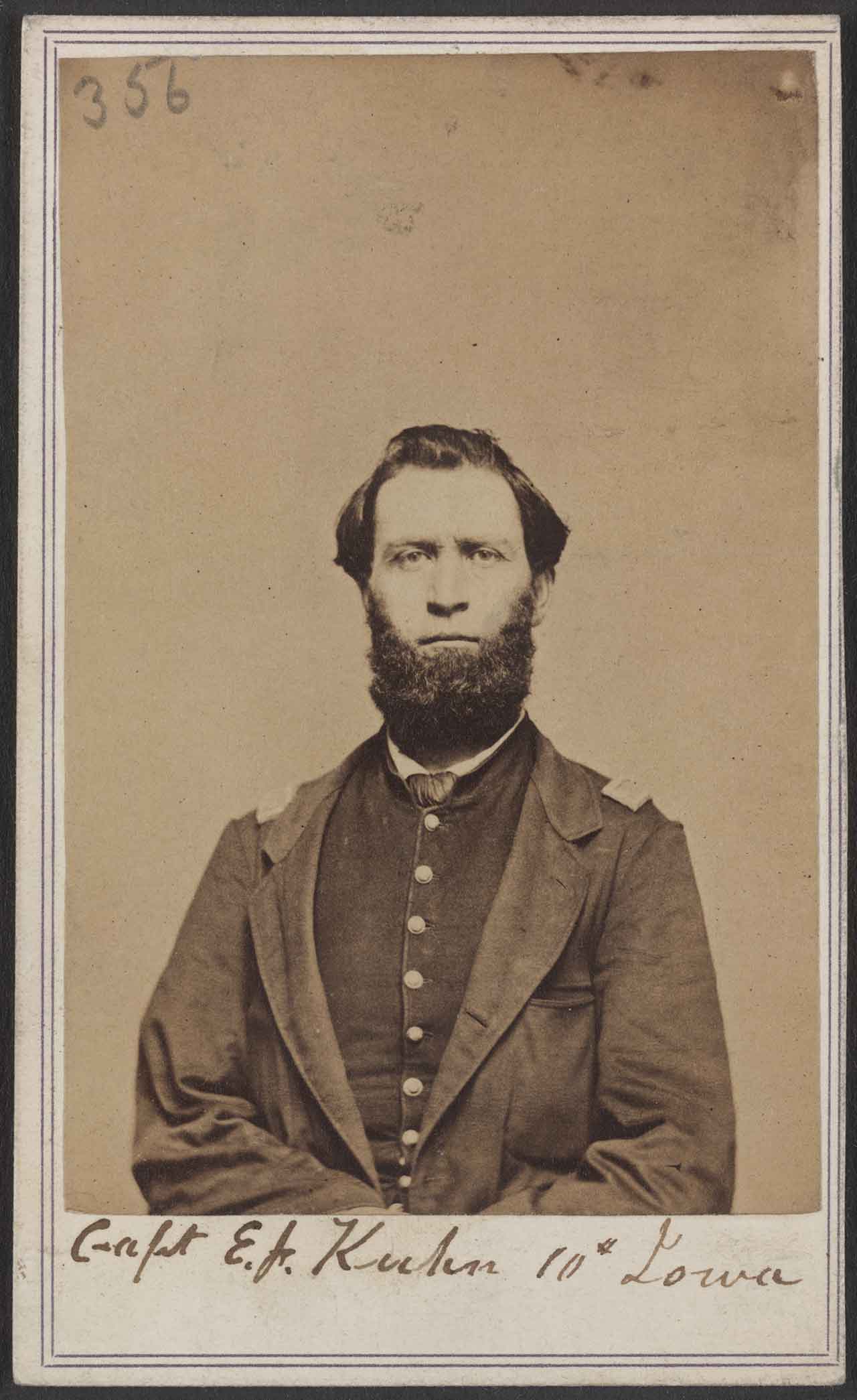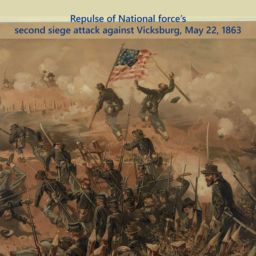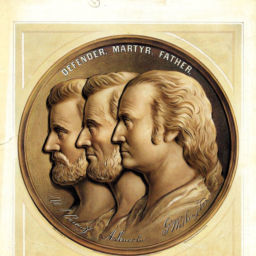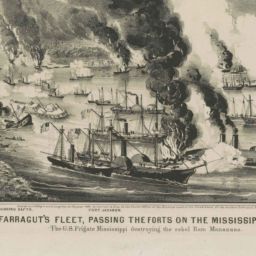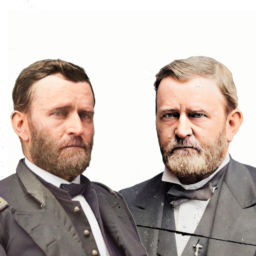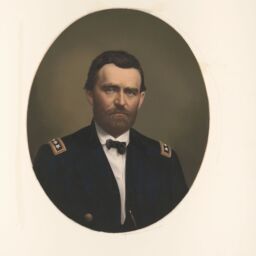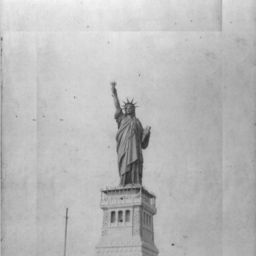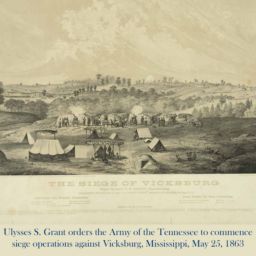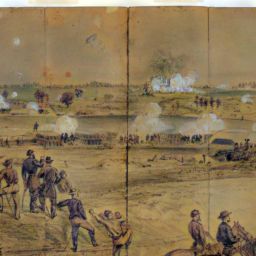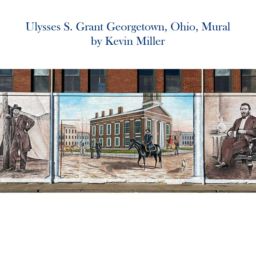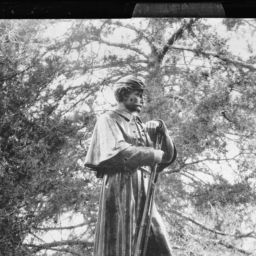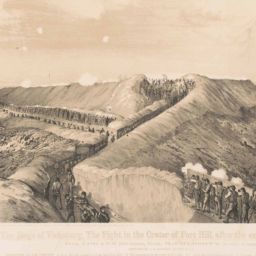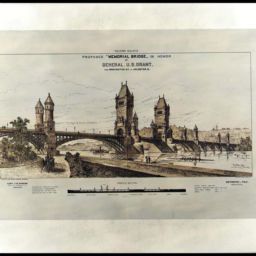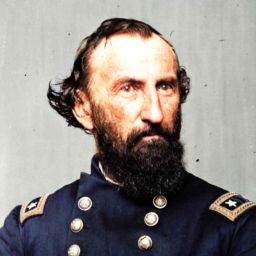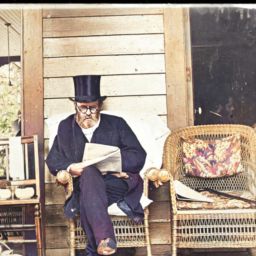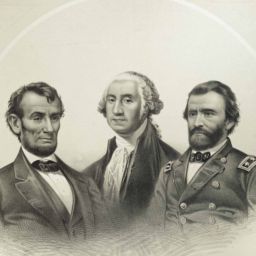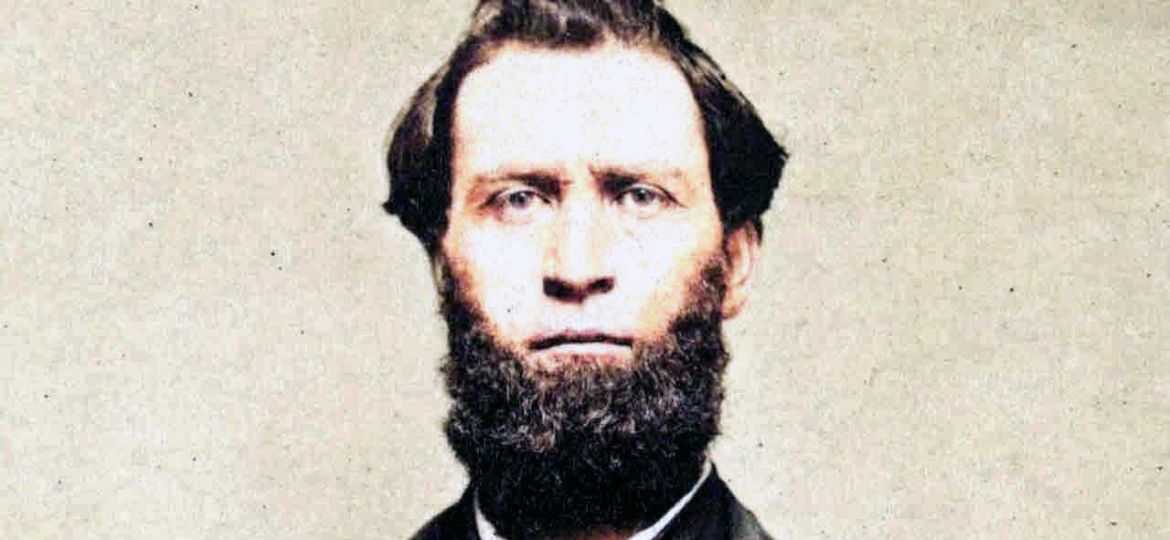
American Civil War, Western Theater, Vicksburg Campaign. With historical hindsight, we see that Ulysses S. Grant’s victory at the Battle of Champion Hill, on May 16, 1863, made inevitable his larger, strategically critical goal of capturing Vicksburg, Mississippi, a city vital to the Confederacy both as a railroad hub and a key defensive position high on the east bank of the Mississippi River.
During the first two weeks of May, Grant had disconnected his army from lines of communication, surged northeastward into Mississippi, and captured the state’s capital city of Jackson. He fought engagements along the way like the Battle of Raymond. Now, with the U.S. flag restored atop the Mississippi capitol, Grant wheeled his forces around and headed west towards Vicksburg. He sought to capture Vicksburg outright if possible or lay siege to it if necessary.
But to challenge Grant’s advance, positioning itself between Grant’s army and Vicksburg, came the forces of a Confederate lieutenant general who rather remarkably had been born and raised in Pennsylvania, John C. Pemberton.
Like Grant, Pemberton graduated from West Point and fought in the Mexican-American War. He married a Virginian and unlike Grant remained in the U.S. Army, serving throughout the South, right up until the Civil War erupted. He abandoned his Army commission and chose to fight for the Confederate cause.
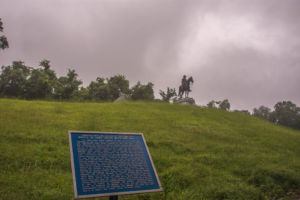
Just before dawn on May 16, Grant learned that Pemberton was on the move. Immediately he notified his corps commanders. [Major General John A.] McClernand was to place his men in line, “feel the enemy,” but refrain from bringing on a general engagement “till we are entirely ready.” [Major General James Birdseye] McPherson was to press forward; Sherman was to send another division westward with “great celerity.” Grant eagerly awaited battle. “The fight may be brought on at any moment — we should have every man on the field,” he told Sherman. (243–244)
Dr. Ronald C. White, Jr. in his biography American Ulysses summaries the battle:
Champion Hill did prove the value of a general. Operating without [the corps of Major General] Sherman, and with McClernand’s Thirteenth Corps largely absent, negotiating both rough terrain and confusing roads, Grant nonetheless surprised Pemberton’s forces, taking the fight to the enemy. He won a decisive battle. That evening he wrote [to] Sherman, not yet arrived, “I am of the opinion that the battle of Vicksburg has been fought.” (278)
Simpson compelling transports his readers to a coda of the battle drawing from the typically efficacious prose of Grant’s 1885 Personal Memoirs:
As evening came, Grant and his staff rode on, pushing the pursuit forward with such ardor that at last the party found itself alone in the dark, ahead of McPherson’s columns. Reluctantly Grant retraced his steps and made camp for the night next to a Confederate field hospital, where the sights, smells, and sounds disturbed him, as at Shiloh. One delirious wounded man, whose brains were protruding from a wound, wandered about screaming and yelling. “While a battle is raging one can see his enemy mowed down by the thousand, or the ten thousand, with great composure,” Grant later observed; “but after the battle these scenes are distressing, and one is naturally disposed to do as much to alleviate the suffering of an enemy as a friend.” (246)
Grant would now need to press his army further westward towards Vicksburg.
Sources: Brooks D. Simpson, Ulysses S. Grant: Triumph over Adversity, 1822–1865 (United States: Zenith Press, 2014). Kindle.
Ronald C. White Jr., American Ulysses: A Life of Ulysses S. Grant (New York: Random House Publishing Group, 2016). Kindle.
Insert photo: Maj Gen Ulysses Grant Monument, Wayne Hsieh, June 5, 2017, Vicksburg National Military Park, https://www.flickr.com/photos/whsieh78/36157730792.
Quotation, below: Ulysses S. Grant, Personal Memoirs of U.S. Grant. 2 Vols. (New York: Charles L. Webster & Company, 1885), 1:521. https://catalog.hathitrust.org/Record/102138632?type%5B%5D=all&lookfor%5B%5D=personal%20memoirs&ft=ft.
“While a battle is raging one can see his enemy mowed down by the thousand, or the ten thousand, with great composure; but after the battle these scenes are distressing, and one is naturally disposed to do as much to alleviate the suffering of an enemy as a friend.”
Ulysses S. Grant, Personal Memoirs, 1885


